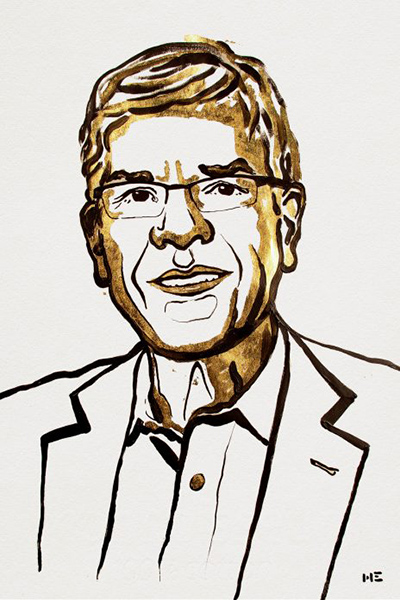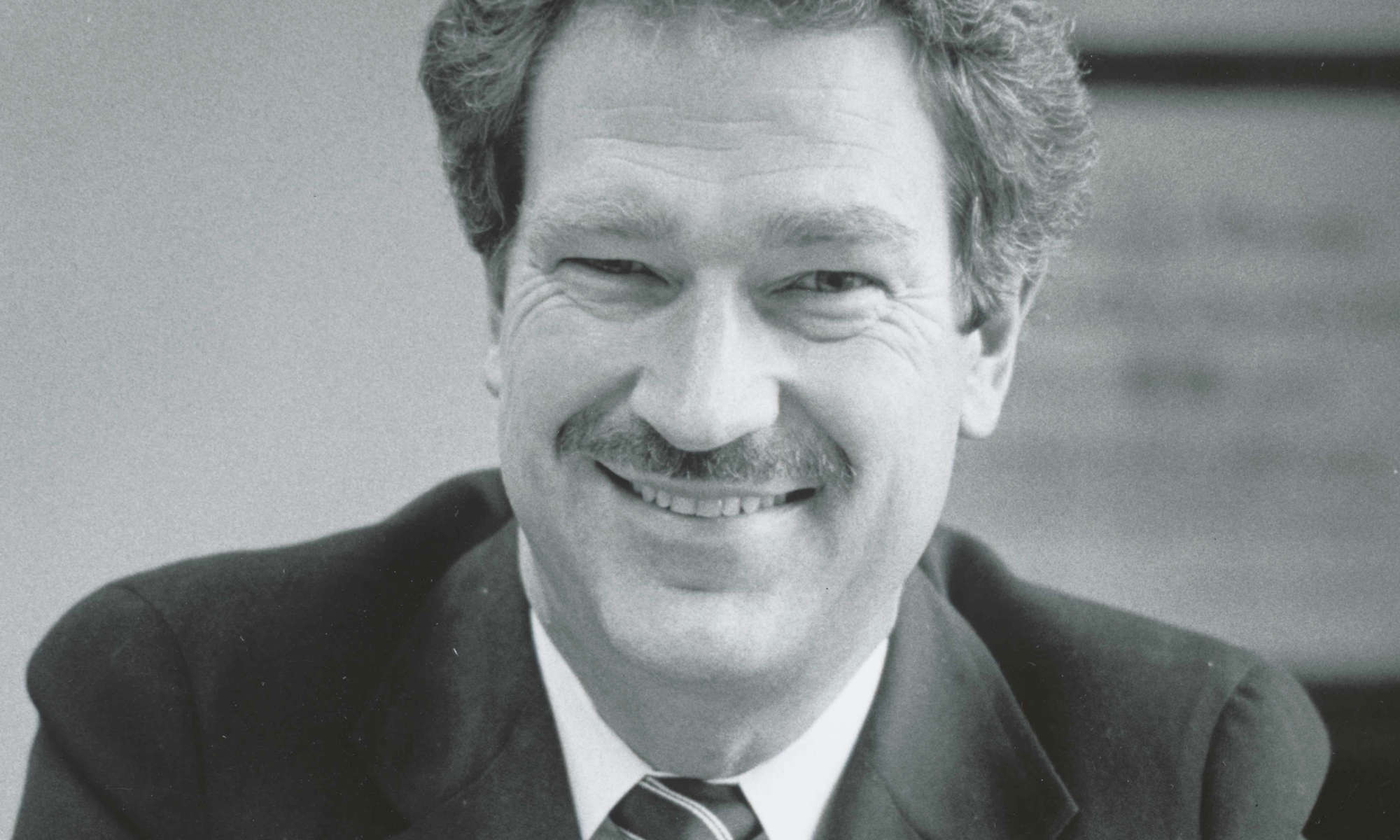
Paul Romer, a former assistant professor of economics at the University of Rochester and currently a professor at New York University, has been named a recipient of this year’s Nobel Prize in Economic Sciences.
He and William Nordhaus, a professor of economics at Yale University, will share the 2018 prize, which was announced this morning by the Royal Swedish Academy of Science.
The Nobel Committee recognized Romer for his work on the economics of technological change. “Previous macroeconomic research had emphasized technological innovation as the primary driver of economic growth, but had not modeled how economic decisions and market conditions determine the creation of new technologies. Paul Romer solved this problem by demonstrating how economic forces govern the willingness of firms to produce new ideas and innovations.”
The committee also cited Romer’s work to develop what is now known as the “endogenous growth theory.” First outlined in a 1990 paper, the theory tries to account the influence of new technology on economic growth and the economic forces that influence the adoption of new technologies.
George Alessandria, the chair of Rochester’s Department of Economics, says the members of the department are thrilled that Romer is being recognized with the Nobel Prize.
“Paul’s first job was at Rochester, where he did pathbreaking work to figure out how firms’ decisions to invest in research and development lead to economic growth.”
That work identified a key failure of private markets that leads to too little investment and growth, Alessandria says.
“His work suggests a key role for the government in protecting the property rights of innovators and subsidizing research. This was a big advance that remains central to our study of growth and policy today.”
Mark Bils, the Hazel Fyfe Professor in Economics, briefly worked with Romer in Rochester. Bils points out that the paper which largely earned Romer the Nobel Prize, “Endogenous Technological Change,” was written while Romer was at the University.
“Paul wrestled with how firms get rewarded for the high upfront costs of innovating. Paul’s answer, that the return to research requires market power and possibly government incentives, freed the growth literature to incorporate how technology grows, not just how physical and human capital accumulate.”
An assistant professor of economics at Rochester from 1982 to 1988, Romer went on to appointments at the University of Chicago, the University of California at Berkeley, and Stanford University before his appointment at NYU’s Stern School of Business. He earned his PhD from the University of Chicago in 1983.
The 12th Rochester Nobelist, Romer is the third 2018 laureate with ties to Rochester. Also among the 2018 laureates were Donna Strickland, who received her doctorate in optics from Rochester in 1989 and is now a professor at the University of Waterloo in Ontario, and Gérard Mourou, a former engineering professor and scientist at Rochester’s Laboratory for Laser Energetics and currently a professor at the École Polytechnique in France. They were awarded a share of the 2018 Nobel Prize in Physics.
Officially known as the Sveriges Riksbank Prize in Economic Sciences in Memory of Alfred Nobel, the economics prize is traditionally the final award of the Nobels to be announced each year.
Romer is Rochester’s third economics Nobelist. Last year’s economics prize went to alumnus Richard Thaler ’74 (PhD), the Charles R. Walgreen Distinguished Service Professor of Behavioral Science and Economics at the Booth School at the University of Chicago and one-time faculty member at what is now Rochester’s Simon Business School. Robert Fogel, a former faculty member who pioneered quantitative analyses of social history, was recognized in 1993.




